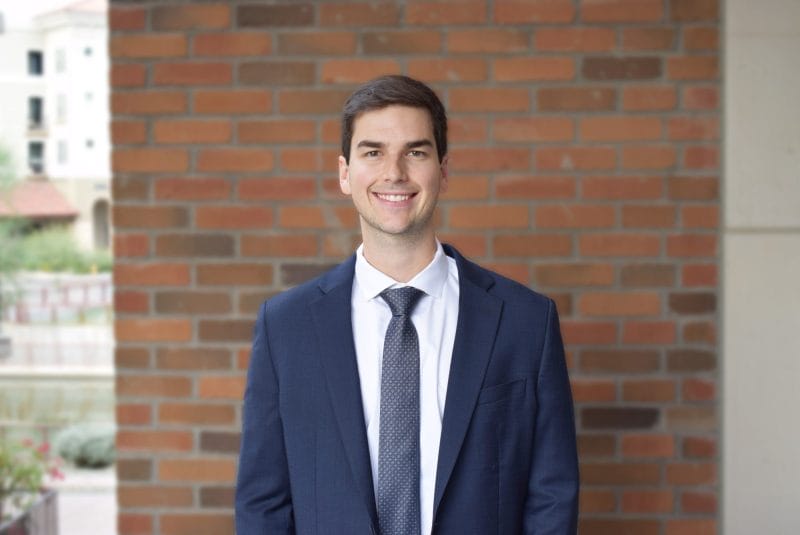
By Howard Fischer | Capitol Media Services via Arizona Capitol Times
Tempe can enforce its voter-approved ordinance aimed at shedding light on “dark money” spending in local elections despite a state law that appears to be to the contrary, the Attorney General’s Office has concluded.
But whether city residents can get some of the information they want on the political spending by certain charities remains unclear.
And Thursday’s decision also does not necessarily mean that other Arizona cities and towns are now free to enact their own disclosure rules.
Such moves might have to wait to see whether voters adopt a statewide ballot initiative in 2020. That proposal, if passed, would not only put a specific “right to know” provision in the state constitution but specifically overrule any state laws limiting disclosure.
The legal fight is over a 2017 Tempe law, which establishes certain disclosure requirements on any individual or group that spends at least $1,000 to influence local elections.
What the ordinance seeks to find is what it calls the “original source” of funds. That means who actually put money into any organization rather than just the name of the group that spent the cash.
Violators can be fined up to three times the amount spent in violation of the disclosure.
Knowledge is power. While I very much believe in the right of a company to use their assets to support candidates (after all, politicians get to make decisions that impact corporate taxes, organization, and business practices) it is important for the public to know which companies support which candidates before making an informed decision. This decision paves the way for municipalities to mandate much needed disclosures of dark money even if the state does not. That said, attorney general opinions are advisory, and I would not be surprised to see this issue brought before the courts.








